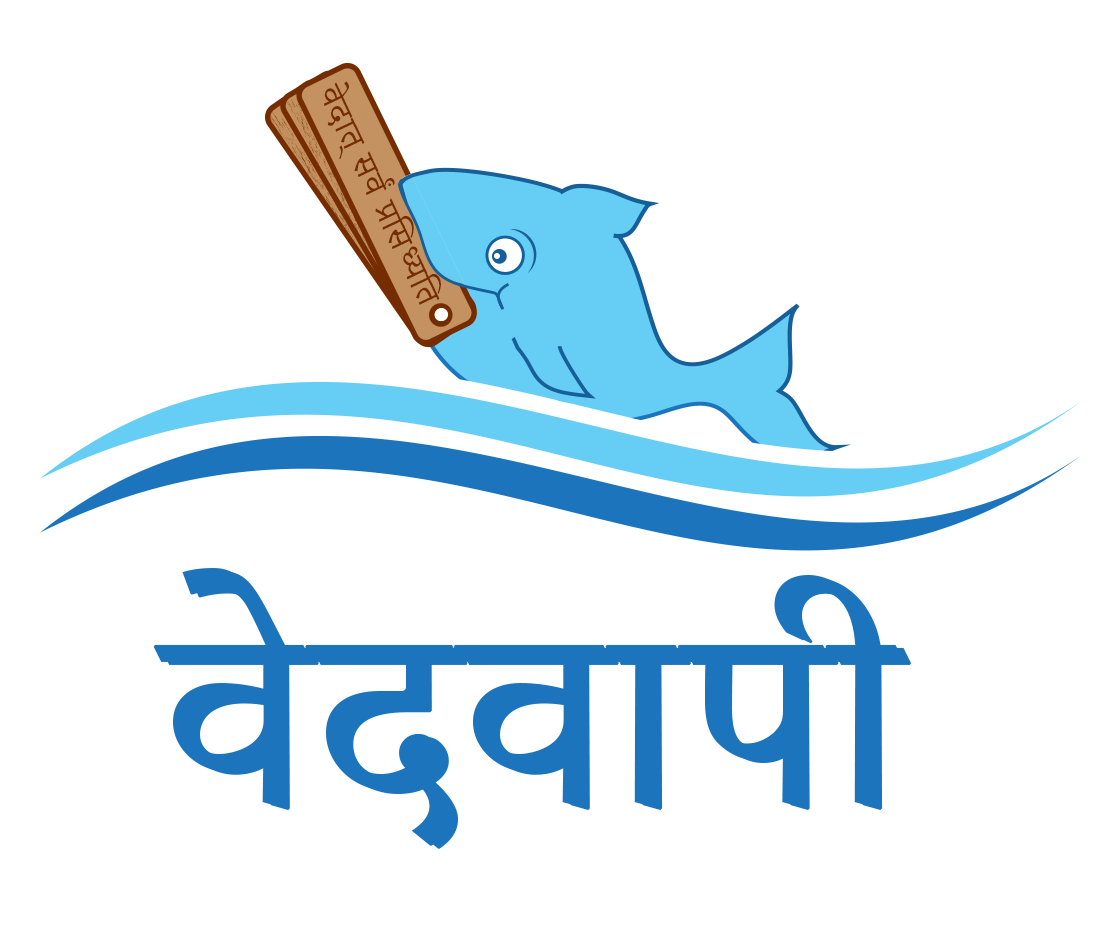The Veda body-of-knowledge has primarily been an aural (oral – maukhika – मौखिक) system. Syntax as well as Semantics are governed by “aural” parameters. Contemporary misconceptions to approaching the Veda as “text” and applying western scholarly techniques like philology and text-hermeneutics have caused tremendous confusions in the understanding of the veda , and its discussions in mainstream narratives. Academic approaches to the Veda ( both in India and around the World) are heavily influenced by the last few centuries of Indology , as also contemporary “techniques” from western humanities disciplines, which are steeped in the principal western paradigm of knowledge-is-text.
Understandings , Analysis, Reproduction and real-world usage of Veda are only possible in “oral” modes. Research around building models of veda aurality to aid in the development of software tools for pedagogic aids as well as for analytic purposes is pursued at Vedavaapi.
“Sound Consciousness” in Indian Philosophy

Phonetics – “Siksha” Shastra


